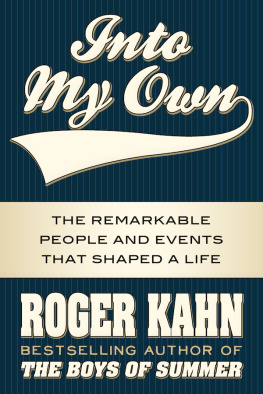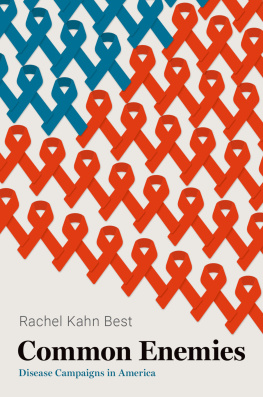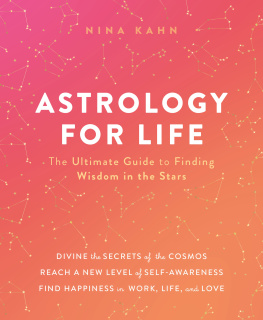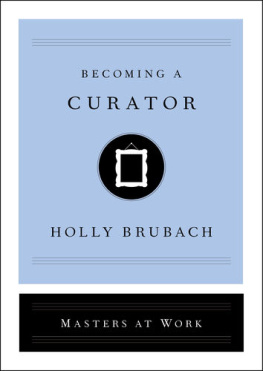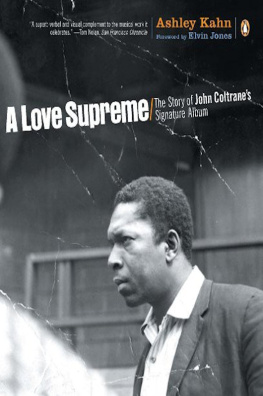Introduction
by
Harry L. Goldwag, Cp., Par. D.
Professor of Materia Medica
Long Island University
My esteemed friend Dr. Samuel Kahn has asked me to write an introduction to this book. I gladly accept this invitation with a keen sense of respect for his knowledge and research in the field of psychiatry and psychoanalysis.
I believe this book is exhaustive and covers most phases of love problems. While it explains the basic principles of love and how this would be handled in a general way, it goes one step further in that it presents the simple principles of understanding of those in love in a kindly, courteous, humane manner, one that is appealing and reasonable to most people.
These problems are handled by Dr. Kahn from a psychological standpoint. I would like to inject a thought from the chemical viewpoint, and while I do not suggest that love problems be handled as coldly as a chemical reaction, we must, however, consider that such reactions do take place in the body.
No new evidence is necessary to recognize the fact that the human body constantly undergoes chemical changes. We must also bear in mind that the nucleus of the cell of the body is surrounded by rings of positive and negative electric charges. We also learn from the physicist that the earth and everything in it is in constant motion.
It is obvious all around us that such chemical changes and motion are in evidence, e.g., the rusting of iron in damp places. The human body is in constant motion molecularly and undergoing chemical changes inside and out. Increased emotions such as gladness, hilarity, happiness, joy, pleasure, etc., therefore increase the chemistry in the body, whether outward manifestations are evidenced or not. By the same token, sadness, grief, depression and downheartedness will retard activity, thereby decreasing, modifying, changing or interfering with the normal chemical reactions. Chemical examinations in each of the above instances will differ proportionately according to the increase or decrease of the emotional activity. A degenerative process may even take place.
A friend of mine called my attention to the following story, which is true to life:
A man loved his wife dearly. Every time he would see or pass her, he would kiss her, pinch or just touch her and be thrilled, but she could not reciprocate. He asked her why she did not manifest the same affection toward him, and she replied innocently: Maybe your chemistry doesnt match mine. Now, every time he sees her, he wants to know whether she has brought up her oxygen or nitrogen content.
This brings us to a very important point which may explain many phases of the phenomena in life. In nature, many substances have a natural attraction to each other, such as metallic substances, earth, wood, rock, minerals, etc. Such attractions occur when these substances reach the same vibratory rate. Everything is in motion and reaches a vibration rate at some time or other, to synchronize with other substances of the same vibratory rate. They are then attracted to each other much the same as the magnet attracts iron. We must remember that the magnet does not attract all metals.
Two or more chemicals may require their vibratory rates (surface tension) to cause certain reactions. The flesh (human body) will act similarly and manifest itself through interpreted sensations. These sensations may be pleasant or unpleasant. However, in each instance the chemistry (vibratory rate) may be increased or decreased by suggestion or emotions (gladness, depression or sadness). Lovers may not realize that suggestion which has increased a polarity, or attraction to each other, is very much like particles of matter or chemicals (chemical affinity), which is similar to laws in chemistry. In love there is an interchanging of cells or their chemicals. Again, these reactions may be increased or decreased in individual cases according to excitement, love, hostility, hatred, fear or griefif distrust or suspicion (normal or abnormal) is involved. Body cells which function normally, as in happiness, will function oppositely in grief. There is evidence that a tear drop, analyzed chemically, may disclose whether it is a tear of joy or one of grief.
Certain chemical reactions will take place in opposite sexes in the human body when affected by the use of perfume (pleasant-smelling), a pleasant human body odor, or a bad-smelling perfume, or bad body odor. Insects are attracted to certain flowers by their odor and thrive. The sound of a good or bad speaking voice, the features of a beautiful or well-defined face, a well-shaped body or the reverse, the clothing, hair, skin, the attainment of success in arts, music, business or profession, are all associated with chemical changes in the body. Holding hands, rubbing noses, hugging each other, holding each other around the waist, or kissingwill affect the chemistry of each individual body by increased vibrations, etc. Similar reactions, but perhaps to a lesser degree, could be manifested in other living animals. The reaction is similar to the state of vibration brought about by the attraction of a piece of iron to a steel magnet. There is an attraction that exists between almost all matter, positively or negatively.
Intelligent men and women may not wish to marry each other simply because they are, or are not, properly drawn to each other. It seems to me that the union of souls should begin with a marked respect and tolerance for one another, with chemical changes in the body and with vibratory changes and magnetic-like attractions. There is no doubt that the thrill of a kiss has its origin in subconscious associations. A male kissing his daughter, wife, mother, son, sweetheart, sister, aunt, uncle or grandfather, will not have the same feelings and chemical changes. A female kissing her husband, father, grandfather, son, daughter, aunt or uncle, will differ chemically and otherwise. The rise or fall of vibrations in each individual being kissed will be proportionate to the past experiences and the attractions for one another.
This subject is timely and of great importance, especially in these war-torn, hate-one-another days. Dr. Kahns understanding of humans and their peculiarities is clearly manifested in this book by the manner in which he handles this delicate subject. Between the lines one can detect the fact that Dr. Kahn was psychoanalyzed and that he is a close student of the late Sigmund Freud and others.
To be able to love, be loved, understand love and reflect love is synonymous with humaneness, kindness, health and happiness. These cause pleasant reactions, increase the vibratory rates and attract to us those humans with whom we want to, or must, live together as happily as possible.







